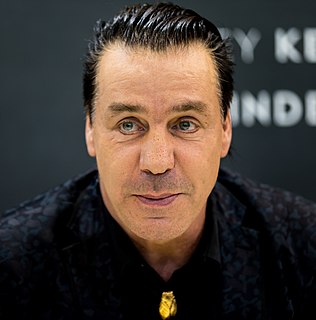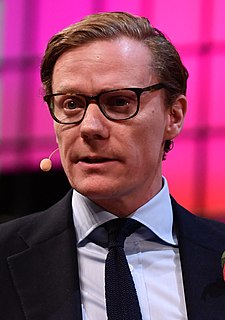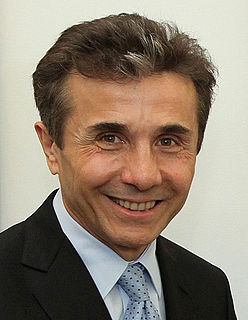A Quote by Vladimir Putin
The most obvious risk was that the Russian speaking population was threatened and that the threats were absolutely specific and tangible. This is what made Crimean residents, the people who live there, think about their future and ask Russia for help. This is what guided our decision.
Related Quotes
I wish I could show you what a small marihuana cigarette can do to one of our degenerate Spanish-speaking residents. That's why our problem is so great; the greatest percentage of our population is composed of Spanish-speaking persons, most of who are low mentally, because of social and racial conditions.
The Americans made the decision out of principle to buy Russian equipment for us because our pilots and mechanics were trained on Russian aircraft. But, then, as a result of the Ukraine crisis, the US Congress imposed sanctions on Russia and the equipment could no longer be delivered to us. I am proud of our security and defense forces.
I am proud of Russia and I am sure that the vast majority of Russian citizens have great love and respect for their Motherland. We have much to be proud of: Russian culture and Russian history. We have every reason to believe in the future of our country. But we have no obsession that Russia must be a super power in the international arena. The only thing we do is protecting our vital interests.
You really do have to wonder whether a few years from now we’ll look back at the first decade of the 21st century — when food prices spiked, energy prices soared, world population surged, tornados plowed through cities, floods and droughts set records, populations were displaced and governments were threatened by the confluence of it all — and ask ourselves: What were we thinking? How did we not panic when the evidence was so obvious that we’d crossed some growth/climate/natural resource/population redlines all at once?
Crimea has always been and remains Russian, as well as Ukrainian, Crimean-Tatar, Greek (after all, there are Greeks living there) and German - and it will be home to all of those peoples. As for state affiliation, the people living in Crimea made their choice; it should be treated with respect, and Russia cannot do otherwise. I hope that our neighbouring and distant partners will ultimately treat this the same way, since in this case, the highest criteria used to establish the truth can only be the opinion of the people themselves.
As agonizing a disease as cancer is, I do not think it can be said that our civilization is threatened by it. ... But a very plausible case can be made that our civilization is fundamentally threatened by the lack of adequate fertility control. Exponential increases of population will dominate any arithmetic increases, even those brought about by heroic technological initiatives, in the availability of food and resources, as Malthus long ago realized.
25 million of Russian people suddenly turned out to be outside the borders of the Russian Federation. They used to live in one state; the Soviet Union has traditionally been called Russia, the Soviet Russia, and it was the great Russia. Then the Soviet Union suddenly fell apart, in fact, overnight, and it turned out that in the former Soviet Union republics there were 25 million Russians. They used to live in one country and suddenly found themselves abroad. Can you imagine how many problems came out?
I made a real specific decision when I came out of school and most artists were writing about home - if you were a woman, you were writing about being a woman - and I decided not to do that, write about what you know. That's not what I do. I went as far away from home as possible in terms of the development of my imagination.
I want everyone to know that Russia in general and the Russian leadership, it is something effective and properly functioning. That the country itself, its institutions, leaders are represented by healthy, capable people who are ready for cooperation with our partners in every single area: sports, politics, fight against modern threats. I have nothing but a positive feeling about it.
I found every single successful person I've ever spoken to had a turning point. The turning point was when they made a clear, specific unequivocal decision that they were going to achieve success. Some people make that decision at 15 and some people make it at 50, and most people never make it at all.




























